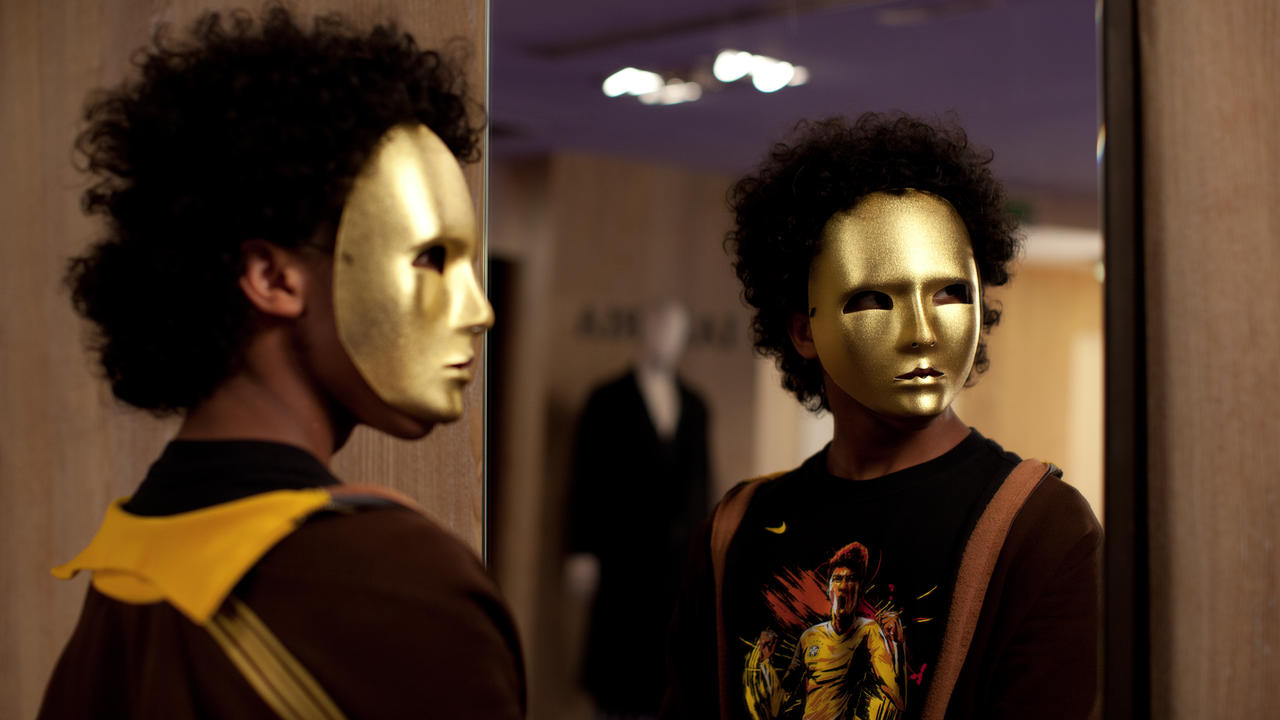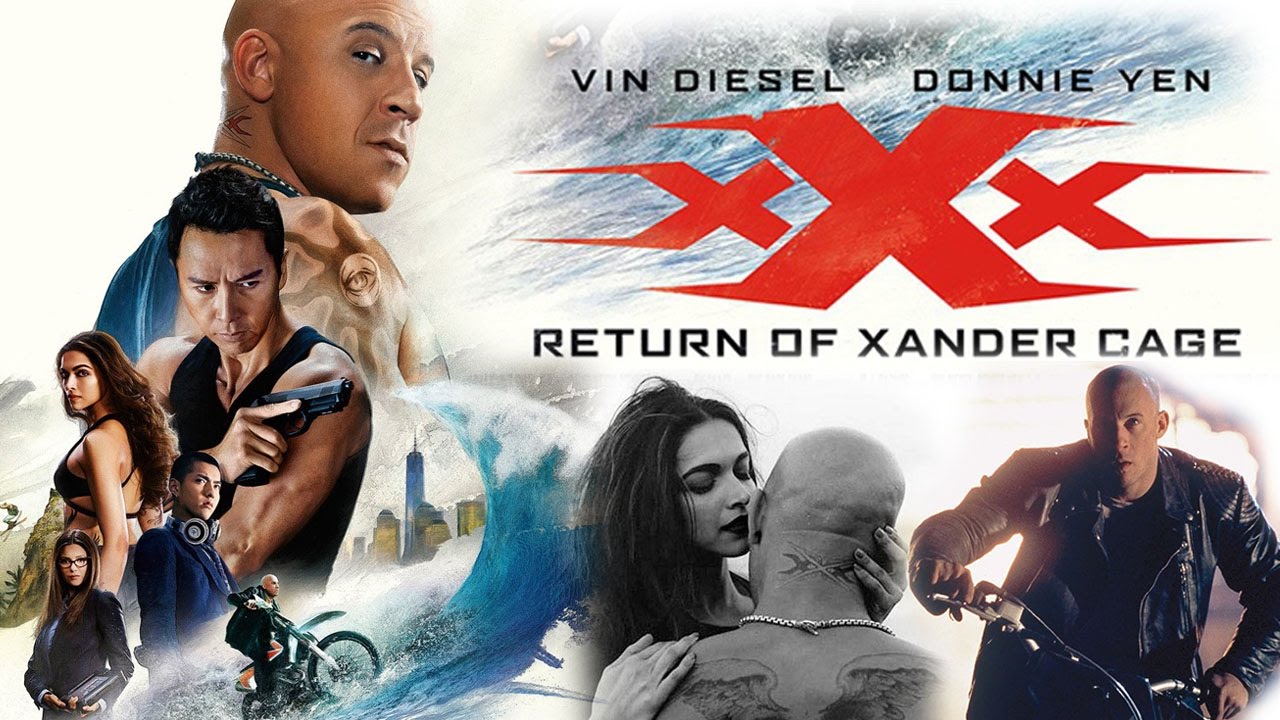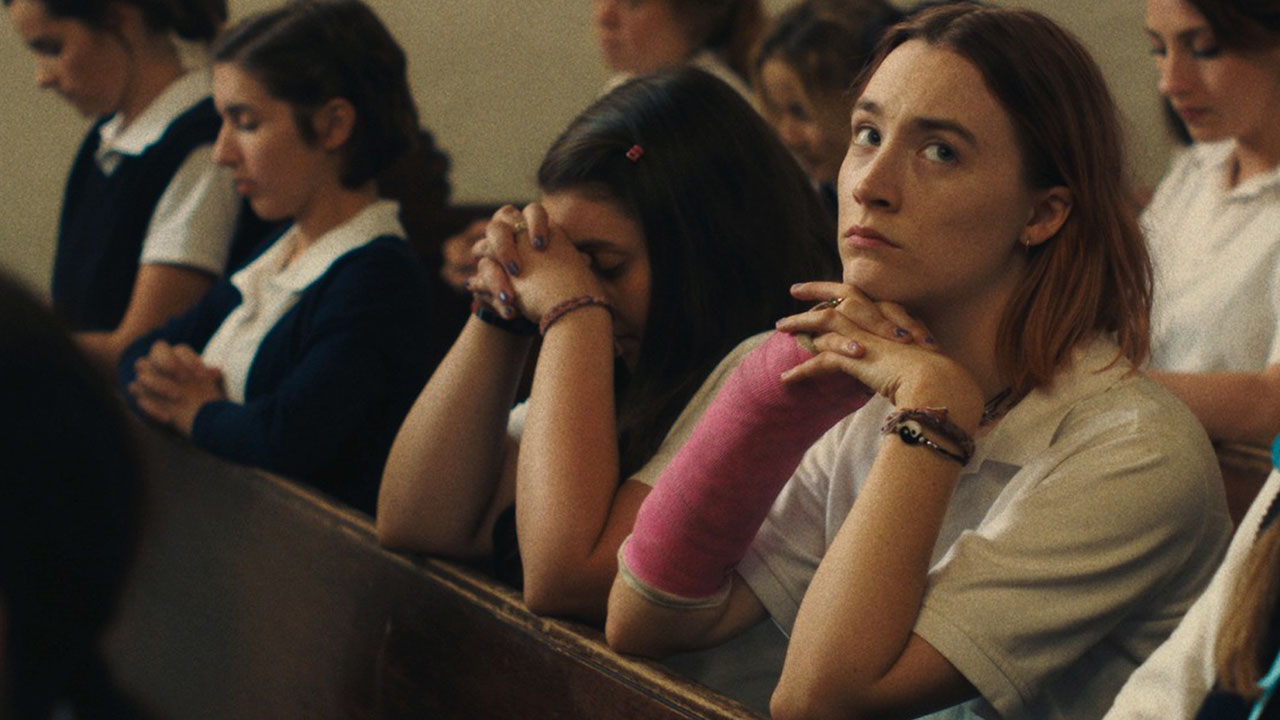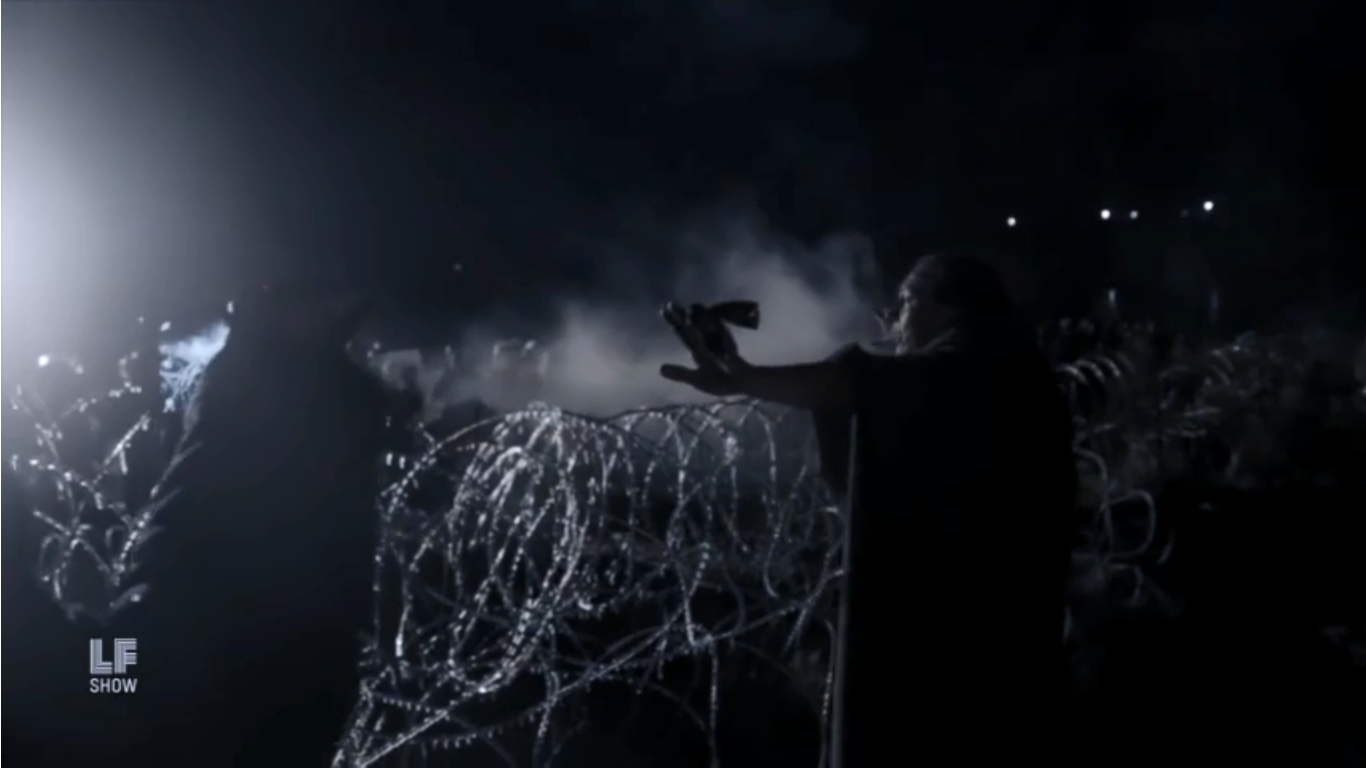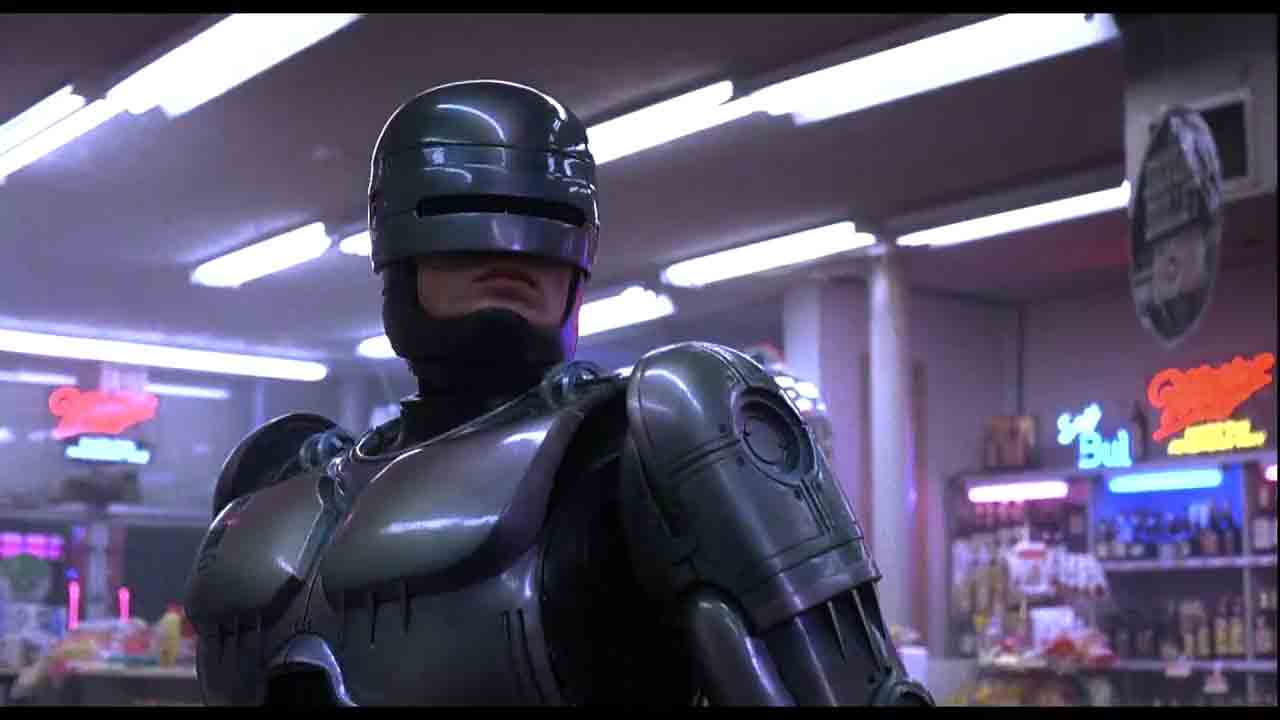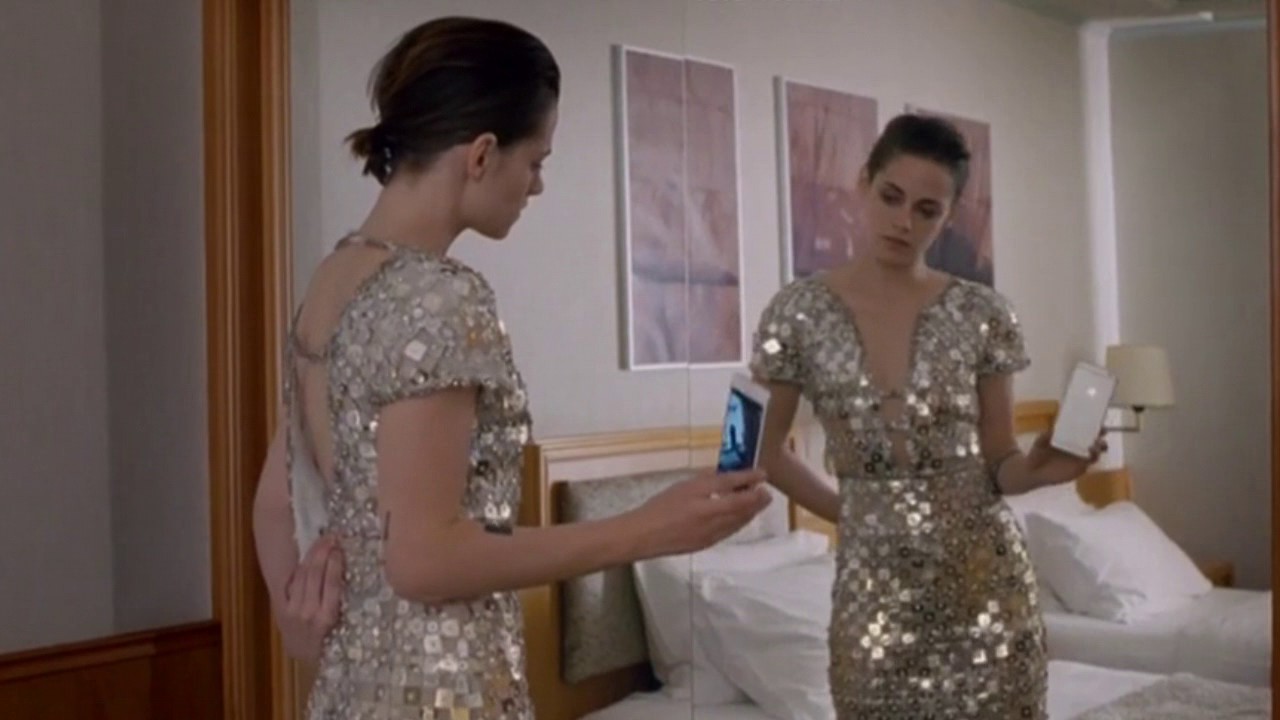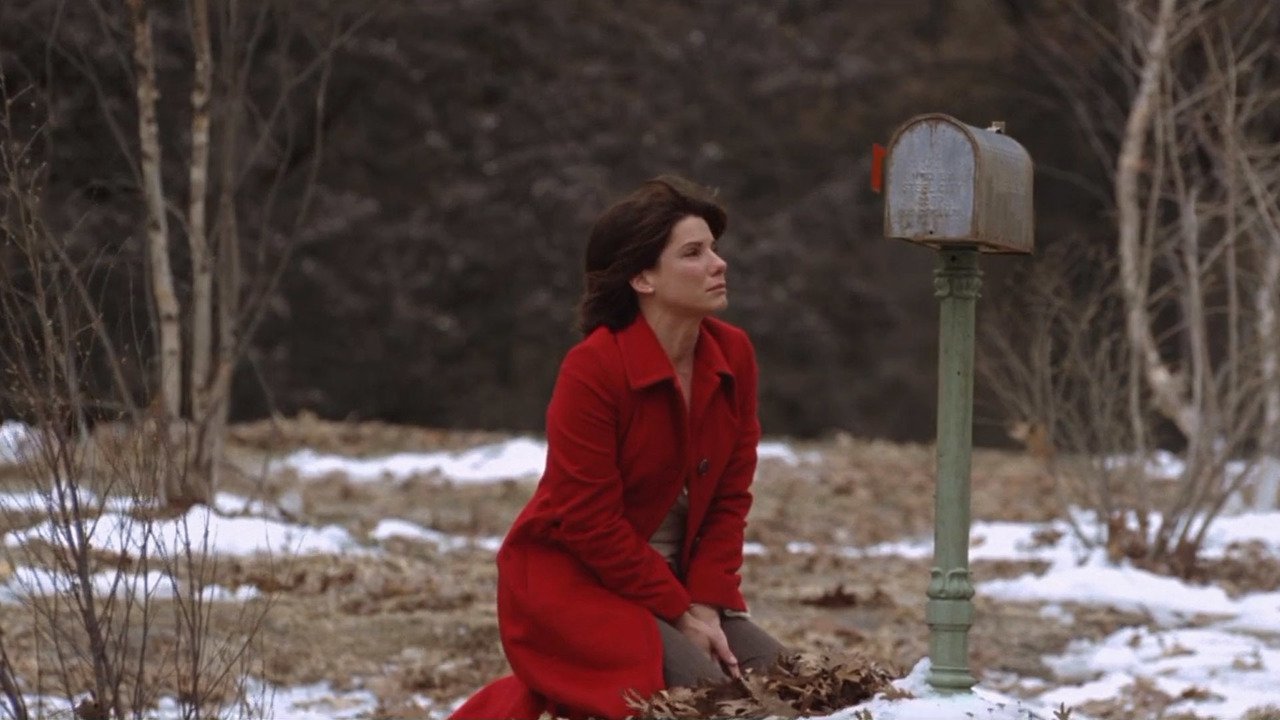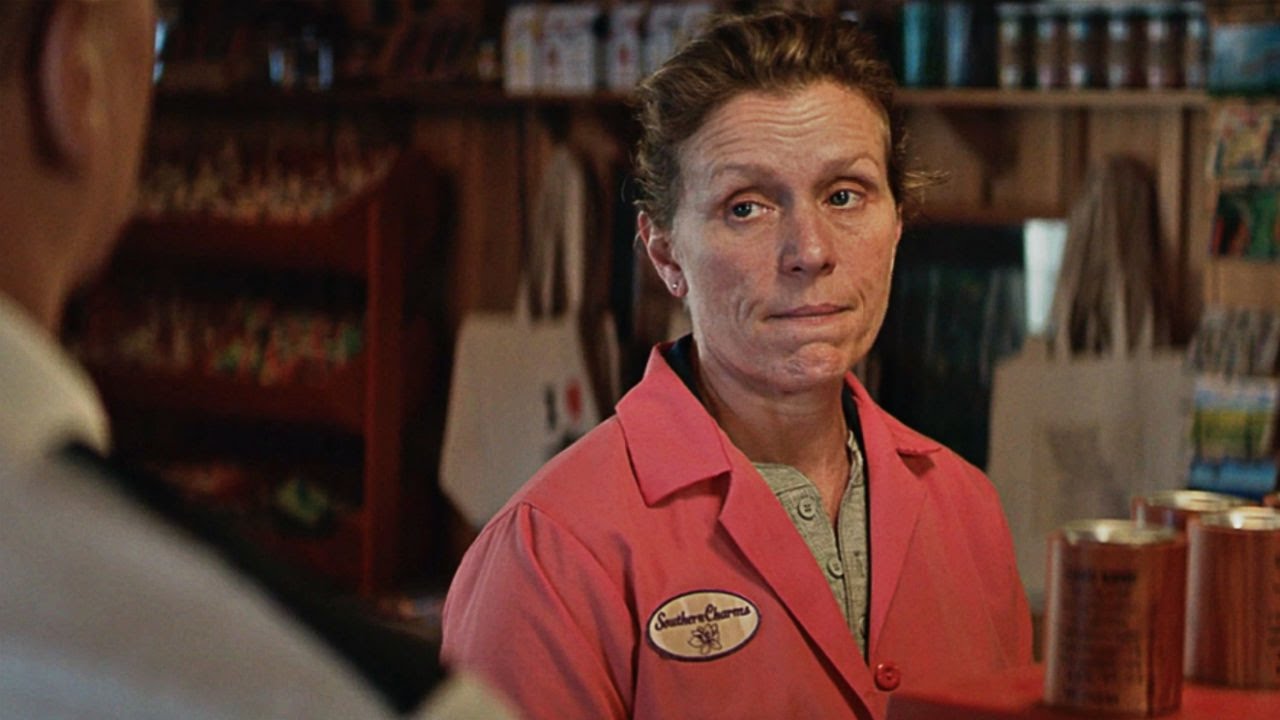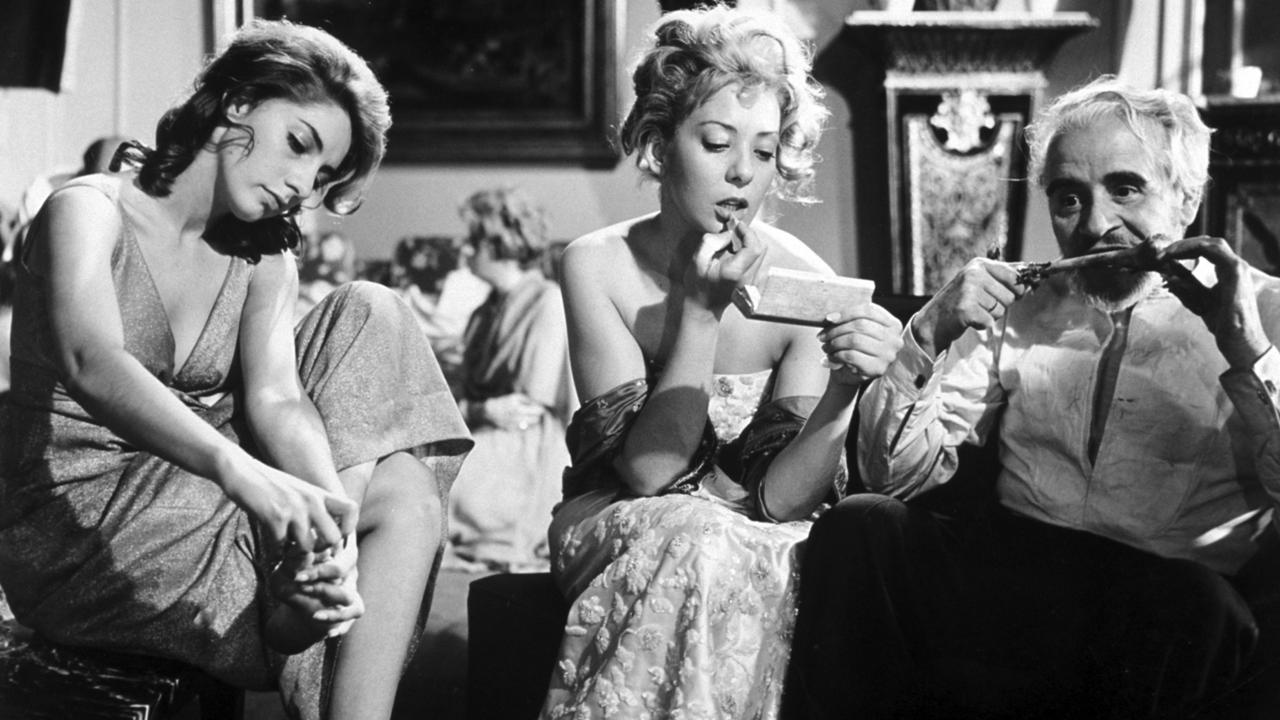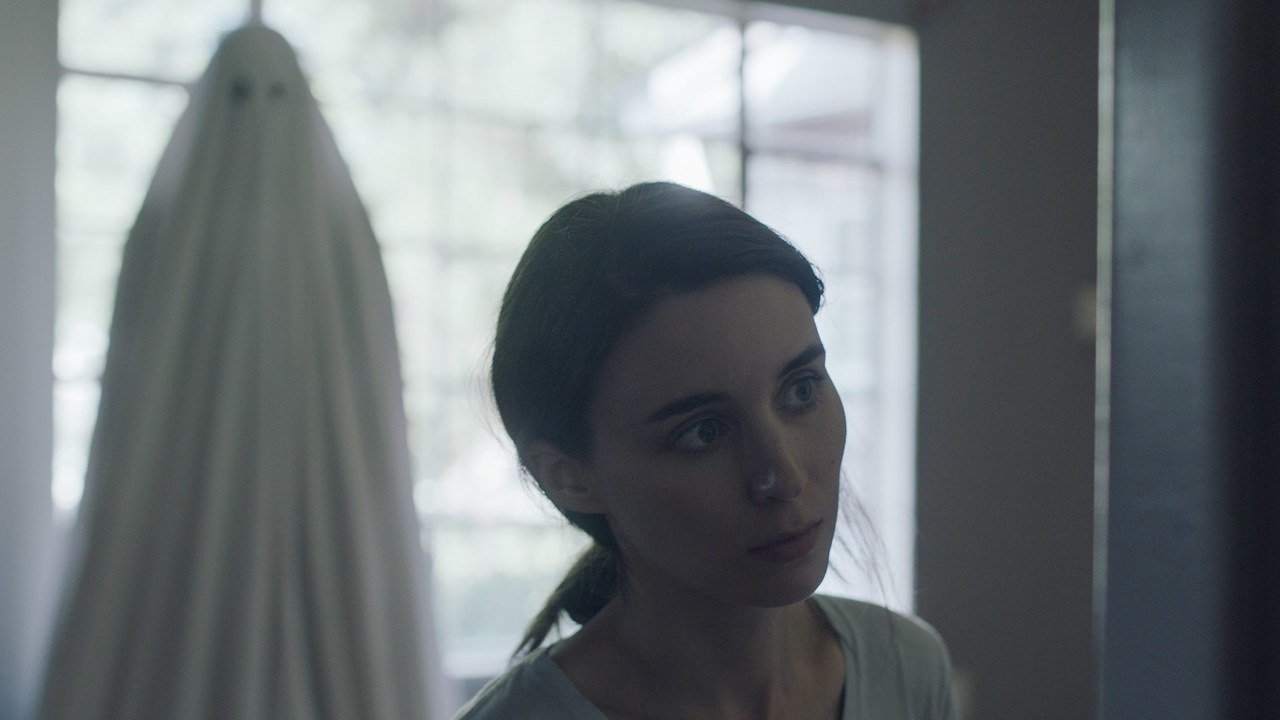It’s an assumption, an article of faith, but it always bears repeating: every best-of list is a subjective snapshot, bound by what we could or would see, the genres to which we gravitate, the last-minute audibles called because we simply can’t bear to leave out a title.
December 2017
Listen, guys, I’m going to let you in on a big secret: I’m woefully unqualified to write for any movie site. And of the many reasons why, one always comes up around this time of year. I don’t live near any art house or smaller theaters, so unless movies come to the theater attached to the nearby mall (hey, $5 matinees every day!),
Back in January of this year, inspired by the folks at WIF and the initiative they created, I resolved to watch 52 films by women directors in 2017. With only a few days left on the calendar, it seems like a good time to check back in on this “challenge.”
There is a recurring image in The Water Protectors of Wakpa Waste — the new documentary about anti-pipeline and extractive energy struggles on the Cheyenne River Sioux Reservation in South Dakota, and the people waging those struggles — that sticks in the mind: small icicles clinging to concertina wire.
RoboCop didn’t predict shit.
I see certain statements come up a lot in pop culture-literate leftist circles — and I am afraid this is going to be a Political Piece, one that assumes shared beliefs (although maybe no more than simply a recognition that something is wrong in the world) — that RoboCop predicted our world today.
Personal Shopper is a film about ghosts. Olivier Assayas says, in a spectacularly moving piece from David Ehrlich, that he thinks all movies are about ghosts:
Especially old movies. People became aware of whatever cinema was in the late ’50s, early ’60s, when the first generation of silent actors were gone, and, all of a sudden, you had these movies that were just full of specters.
The premise of The Lake House — that two lonely singles, Keanu Reeves and Sandra Bullock, can fall in love by sending messages back and forth to one another through the time-travelling mailbox outside the home that they both, on different occasions, owned — opens itself up to two smart-ass questions, or maybe two smart-ass fields of questions.
Martin McDonagh has made one very good film (his 2008 debut In Bruges) and has coasted on this. General affection for that nasty bit of comedic melancholy, along with his stage credentials, has resulted in a pretty striking forgiveness on the part of critics.
It is hard to know exactly how solid Luis Buñuel’s cultural capital is these days. The economy of film’s memory is shifting under our feet, and sometimes to be too well remembered can mean one is already half-forgotten. Luckily, Buñuel has reached that point at which he becomes grist for adaptations, something that always buoys one’s reputation.
There is almost no reason why, on paper, A Ghost Story should work. David Lowery’s fourth feature centers on the ghostiest kind of ghost – the bedsheet-with-eyeholes-cut-out variety. Its aesthetic is characterized by long takes and even longer silences. (At one point, we literally watch paint dry.)

